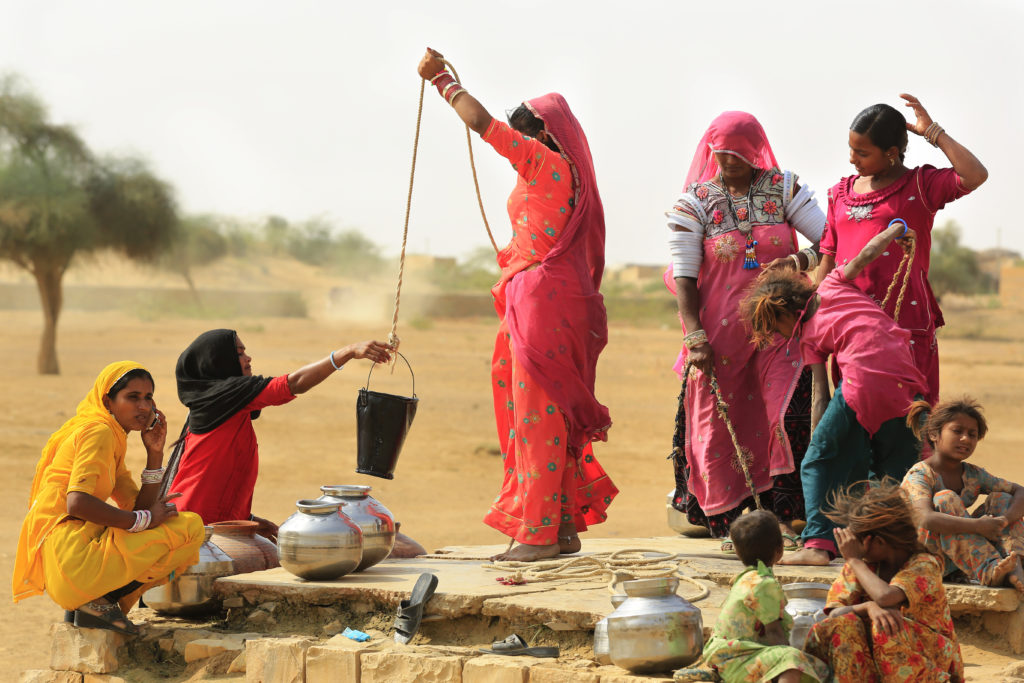Climate change has been called “the defining issue of our time.” We know that global temperatures are increasing – melting glaciers, raising sea levels, and causing more severe and frequent extreme weather events. But how are these changes impacting peace and security? And how do social factors, such as gender and other inequalities, also affect this nexus?
That’s what the online course on “Climate Change, Peace and Security: Understanding Climate-Related Security Risks Through an Integrated Lens” aims to unravel. This e-course has been jointly developed by UN CC:Learn, UNEP, UN Women, UNDPPA, UNDP and Adelphi, and presents a new and engaging opportunity to explore and unpack these complex interactions.

This free and interactive learning experience, comprising a dynamic interface with videos, infographics, quizzes and more, provides the knowledge and tools needed to analyse and identify opportunities for promoting inclusive climate, conflict prevention and peacebuilding interventions. It is divided into three modules, with a progressively in-depth focus:
- M1: Climate Change, Peace and Security
- M2: Conducting Integrated Analysis
- M3: Entry Points for Policymaking and Programme Design
This course is primarily designed to empower policymakers, practitioners, and researchers. However, anyone that has a background or is interested in these topics can also benefit from it.
Overall, the course will take around 4,5h to be completed, enabling participants to:
- Identify climate-related security risks and their impacts on different groups of people
- Conduct integrated conflict and climate analysis, including by using a gender and social inclusion lens
- Design policies, strategies, and programmatic interventions that integrate climate change, conflict prevention, peacebuilding, and gender equality objectives
Users completing each module will receive a badge, while participants successfully finalizing the entire course will be awarded a UN certificate.
Take the course here.

